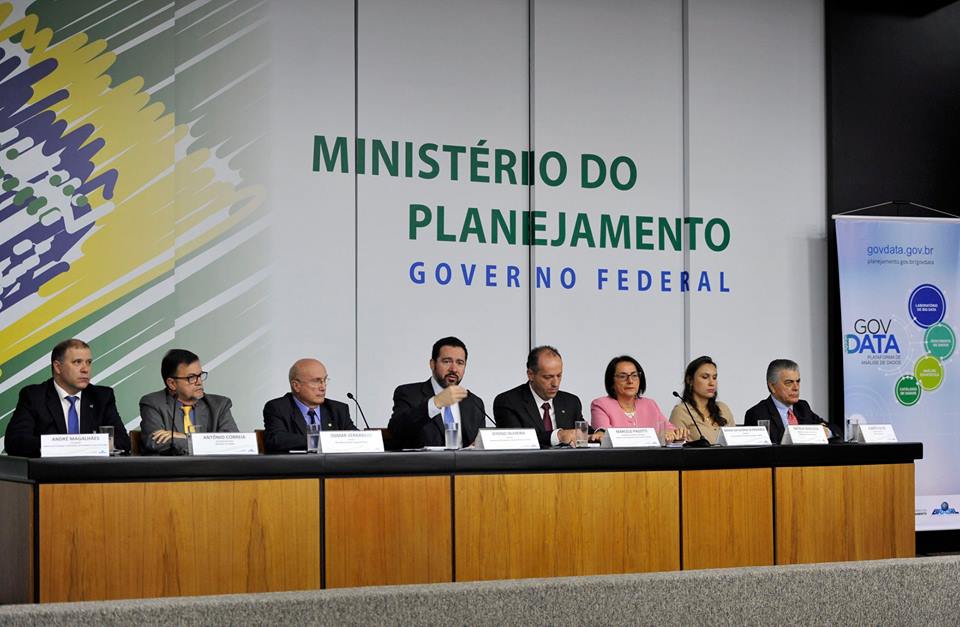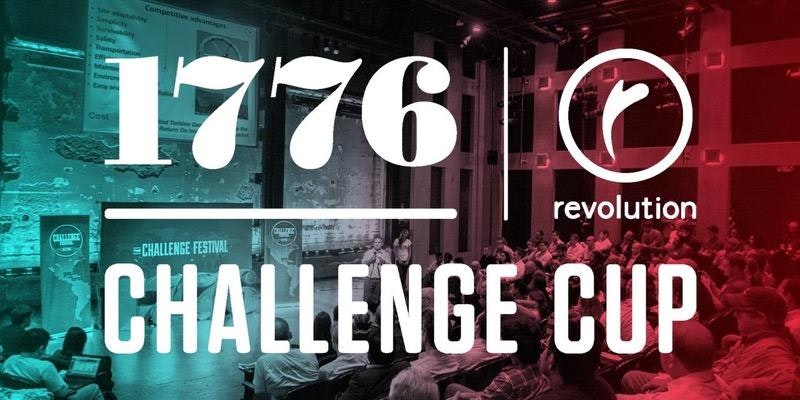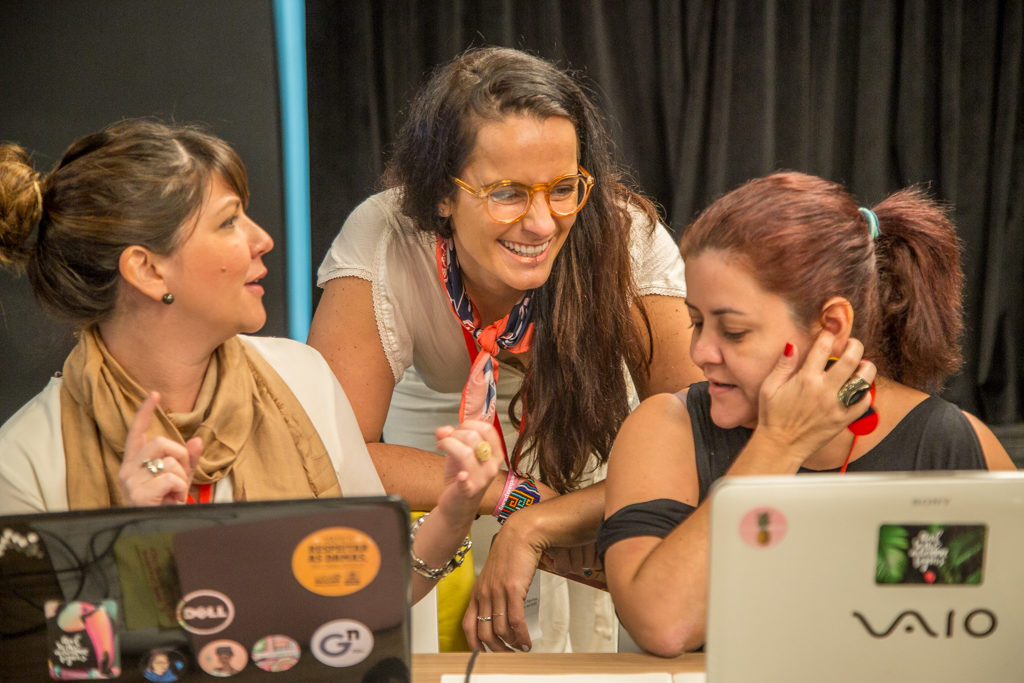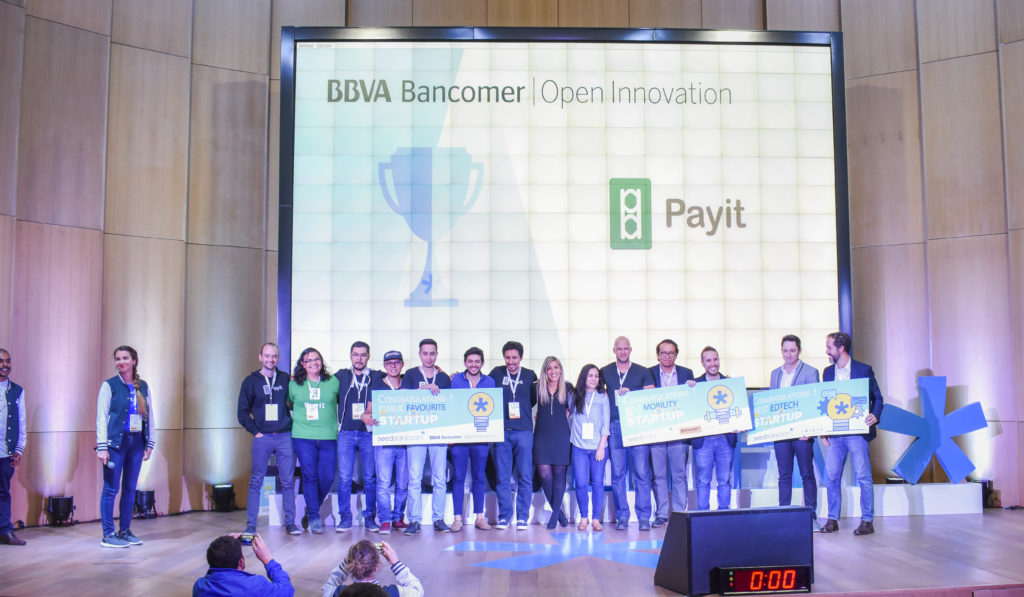Blockchain technology redefines data security as we know it; it is only sensible that Brazil would now use it to secure the most crucial form of information: personal data.
Brazil’s Ministry of Planning focuses on developing society and how securely it runs. That’s why in recent efforts it has collaborated with Microsoft and Ethereum-focused startup, ConsenSys, to store personal information of citizens in a safer manner.
Implementation of blockchain technology is evidence that the ministry is not only concerned with data security; the institution aims to allow citizens to control their personal information and help them access it when they require it. The move was part of a global trend by government agencies around the world, including the U.S. Department of Homeland Security and Britain’s Innovate UK.

Roger Haenni, CEO and Co-founder of Datum
“Data is the world’s most valuable asset, but it is controlled and exploited by a few large players. At Datum Foundation, we return data ownership to individuals and let them be part of this new economy,” said Roger Haenni, CEO and Co-founder of Datum — a decentralized and distributed high performance NOSQL database backed by a blockchain ledger.
Functions of the Ministry of Planning include managing federal government policies and budgets. As such, the initiative falls in line with a wider ongoing assessment of blockchain for record-keeping at institutions worldwide.
What does this all mean to society? For starters, the Brazilian initiative eliminates numerous scenarios that could lead to identity theft. On the other hand, if data is readily available for Brazilian “netizens,” any bureaucratic process that would require personal information paperwork is sped up.
It is a big stride towards a paperless and more digital society, pushing the nation further into the age of technology.








